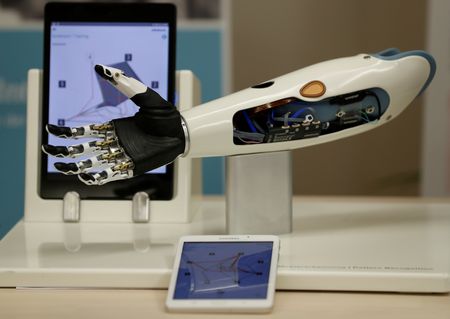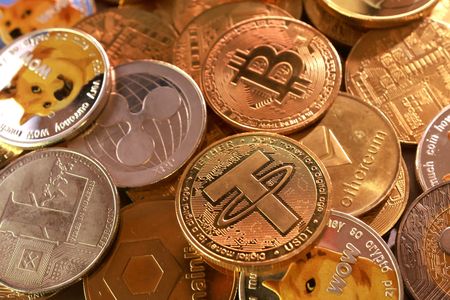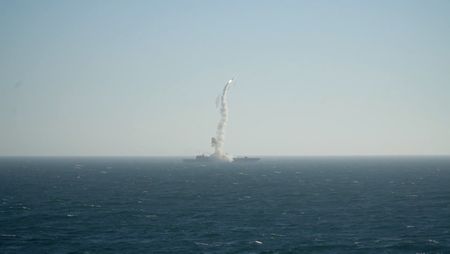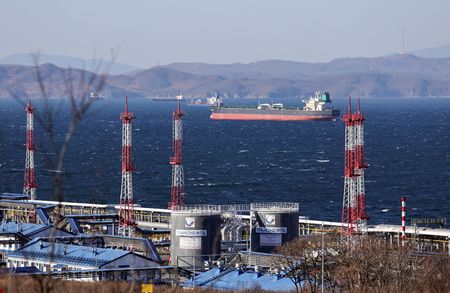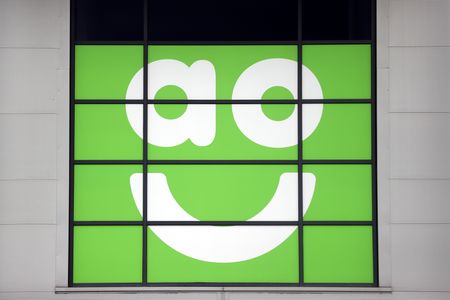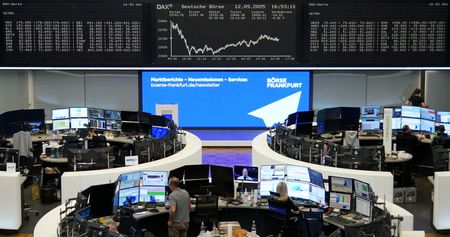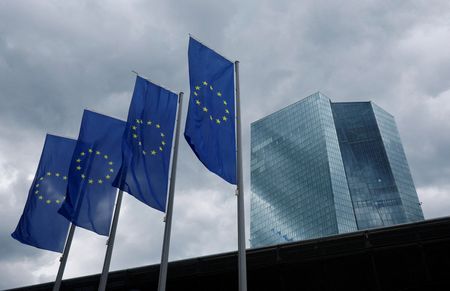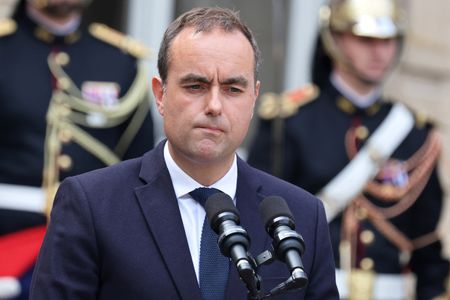BERLIN (Reuters) – German prosthetics maker Ottobock said on Monday that it is preparing for an initial public offering on the Frankfurt stock exchange, in an important test of market strength for equity listing projects in the region.
“The IPO is expected to consist of shares from the holdings of the existing shareholder as well as newly issued shares from a capital increase with targeted gross proceeds of 100 million euros ($117.29 million),” the company said in a statement.
It did not give a timeline for the planned listing.
Ottobock is the world’s largest maker of artificial limbs and braces that support patients’ mobility, known as ortheses, but it is also investing in exoskeletons that help workers lift weights.
A particular area of development and investment is bionic devices that pick up electric nerve signals in limbs to give patients intuitive control over their prosthetics.
A person familiar with the matter told Reuters in August that the family-owned group is eying a valuation of more than 6 billion euros under the deal.
Owner and Chairman Hans Georg Naeder and his family will likely put 25% to 30% of their shares up for sale in the IPO, but divesting in steps over time is also an option, the source said at the time.
Equity capital markets advisers have told Reuters that Frankfurt and Zurich are poised to lead a European revival of stock market listings over the next few weeks.
Online classifieds business Swiss Marketplace Group is set to be valued at up to $5.6 billion in its upcoming IPO in Zurich.
Deutsche Boerse’s <DB1Gn.DE> research and technology unit ISS Stoxx has also been billed as an IPO candidate later this year.
Among abandoned projects, the investors behind Stada this month dropped IPO plans to instead sell a majority stake in the German generic drugmaker to buyout firm CapVest.
German medical technology company Brainlab in July called off plans for an IPO that could have valued it at close to 1.7 billion euros.
Ottobock has reported that first-half adjusted earnings before interest, tax, depreciation and amortisation (EBITDA) rose 30.5% to 180 million euros, on sales of 801 million euros, helped by product launches and acquisitions.
($1 = 0.8526 euros)
(Reporting by Friederike Heine and Ludwig Burger, editing by Thomas Seythal and Sharon Singleton)

